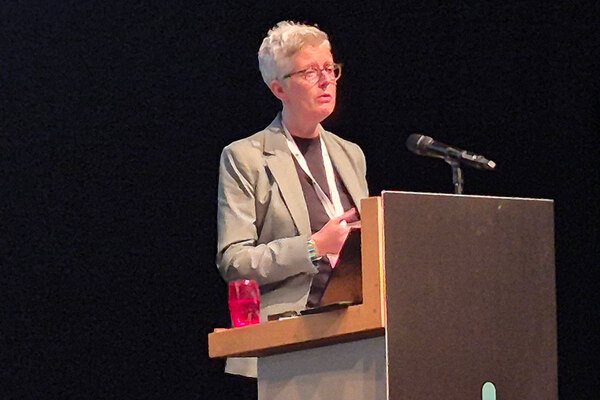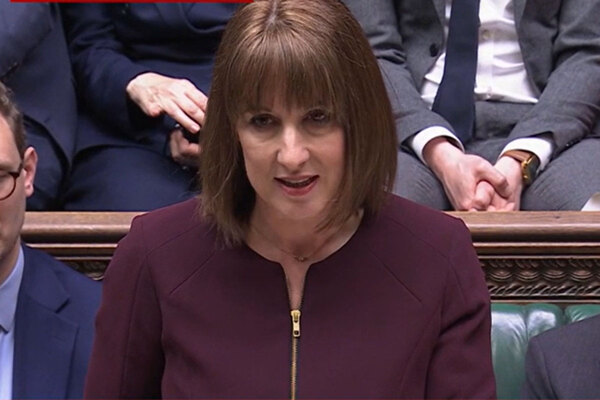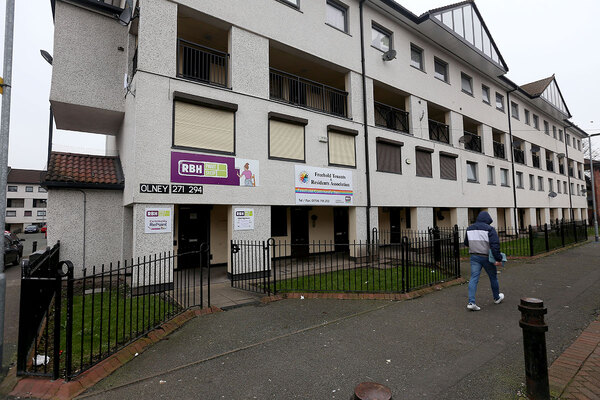
Balancing CCTV and privacy laws will continue to be a difficult issue for housing providers
Housing providers need to be aware of recent court cases on the use of CCTV cameras in residential properties and potential infringements of privacy that can result. The right course of action depends on the circumstances, write Anna Bennett and Samantha Grix
With the growing popularity of camera doorbells and the availability of cheaper home security cameras, CCTV and the invasion of people’s privacy has become a growing issue in recent years.
The problem was recently brought into sharp focus when a judge ruled in Fairhurst v Woodard that the defendant may have to pay substantial damages to his neighbour after the multiple cameras he had installed, including a Ring doorbell, filmed beyond the boundaries of his home.
The judge found that his actions had amounted to harassment of his neighbour and that he had breached data protection legislation.
Equally pertinent to housing associations was the recent case of Declan Molloy v BPHA at the Court of Appeal in July where Devonshires acted for the claimant, BPHA. In this case a female tenant, who was the victim of racist abuse by her neighbour, Mr Molloy, was advised by the police to install CCTV overlooking a communal path as this was where most of the incidents occurred.
When this evidence was used to convict Mr Molloy, he appealed against this on the basis that the CCTV had breached his privacy. The Court of Appeal ruled in BPHA’s favour, finding that any right to privacy Mr Molloy may have was outweighed by his neighbour’s right to live peacefully in her own home.
These cases are examples of the growing trend of CCTV-based disputes we have been seeing more of in recent years, which often come to the fore when there is a neighbour dispute.
Most of the time the housing provider is stuck in the middle as they are not the data controller and are brought in as the landlord to deal with allegations of anti-social behaviour.
Dealing with these complaints takes up valuable time, so what can you do to prevent CCTV becoming a contentious issue between your tenants?
A blanket ban could be considered, but that is unlikely to be reasonable or proportionate in every scenario. Notably in Worthington & Anor v Metropolitan Housing Trust, the housing association was found to have unlawfully harassed two tenants by demanding that they remove the CCTV cameras they had installed after they had been subjected to anti-social behaviour by others in the local area.
As this example and the case of Molloy show, there are occasions where it is fully justified for an individual to install CCTV. Another step that providers can take is to update the terms and conditions in their tenancy agreements and/or CCTV policy by putting in a clause stating that tenants need to get prior written permission before installing any cameras.
This could work particularly well as it would allow them to assess each scenario and make a decision based on the circumstances of each request.
While this may prevent future issues, what about resolving current disputes?
The main thing to consider when trying to resolve a dispute of this nature is whether the installation of CCTV is proportionate in the circumstances, and balancing the data protection rights of both the resident who wants to install the CCTV and those in the locality of the camera.
Housing providers should consider where cameras are facing and whether the field of vision covers other people’s properties or communal spaces.
Upon receipt of a complaint about a camera, the provider should investigate and make necessary recommendations to the resident to limit the interference of the rights of others in the locality.
Importantly, residents need to be aware that if they are recording the activities of other people then they will become a data controller for the purposes of the data protection legislation. As data controller they are responsible for data management and may potentially be held liable if they breach those obligations.
Residents should be directed to the Information Commissioner’s Office website for guidance of what this entails.
Molloy and Worthington & Anor both showed that there are times when installing CCTV is fully justified and a proportionate measure.
However, in the case of personal CCTV technology being used more indiscriminately, the courts were not as sympathetic.
Clearly, this is a difficult issue for the sector and one that will not go away any time soon. Each case will be fact-specific so if in doubt, it may well be worth seeking legal advice.
Anna Bennett and Samantha Grix, solicitors, Devonshires
Sign up for our tenancy management newsletter
Already have an account? Click here to manage your newsletters











